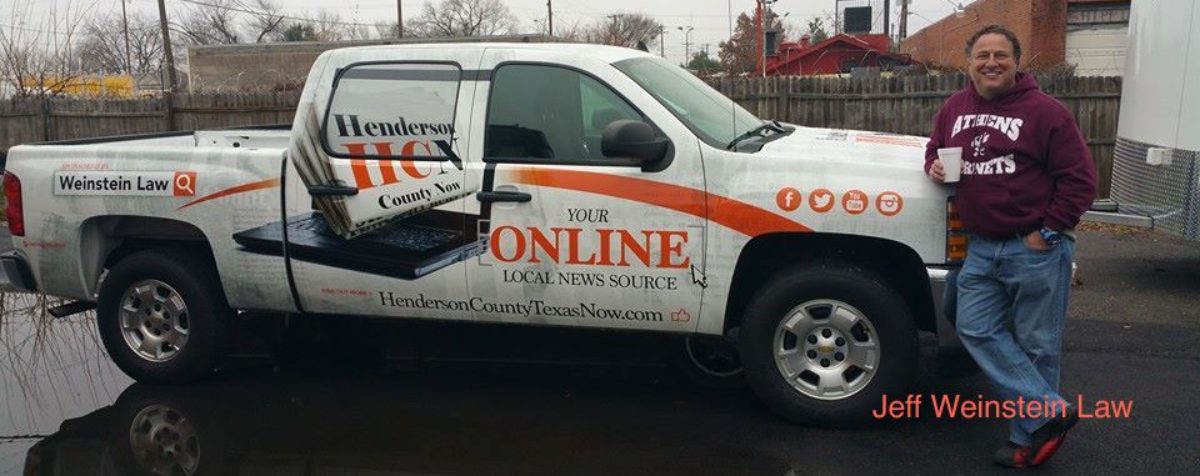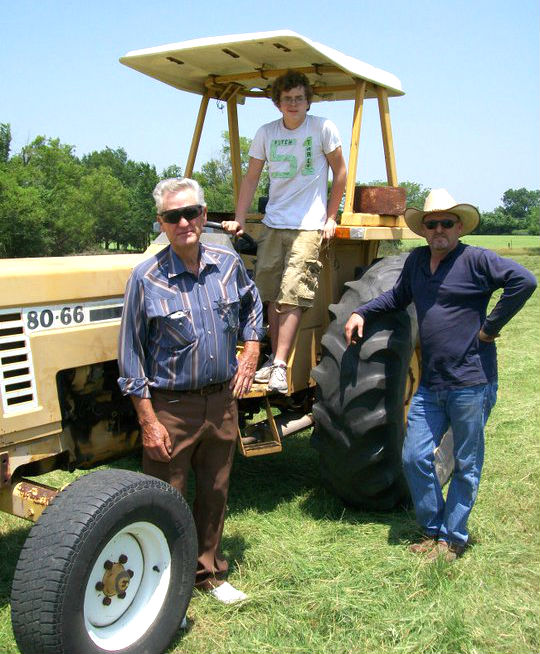People in North and East Texas learned to live in fear of mosquitoes in 2012.
The pest-borne West Nile Virus ravaged the region, accounting for 405 cases in humans and 18 deaths in Dallas County alone. The Centers for Disease Control (CDC) said 2012 saw the highest number of West Nile cases since the disease was discovered in the United States in 1999.
Henderson County also set a record this year with four cases of West Nile Virus in humans. While that may not sound like much compared to Dallas County, remember that before this year, the county had a grand total of two confirmed cases of the infection in humans. Both of those came in 2005.
Locally, fears ran high enough to prompt city officials to increase spraying efforts.
In August, Athens officials sprayed the entire city, something not usually done.
“Normally we go out and spot treat,” Director of Planning and Development Gary Crecelius said at the time.
In Malakoff, where the city usually sprays for mosquitoes twice a month during the summer, officials increased that to twice a week. At least once, the city even bumped that up to three times a week.
“We are just trying to do the best we can for our city,” Malakoff Public Works Director Tim Whitley said.
When the cold weather moved in and killed the mosquitoes, fears of West Nile died as well.
But the buzz will return with the warm weather, so remember these tips from the Northeast Public Health District:
– Use an approved insect repellent every time you go outside and follow the instructions on the label. Approved repellents are those that contain DEET, picaridin or oil of lemon eucalyptus.
– Regularly drain standing water, including water collects in empty cans, tires, buckets, clogged rain gutters and saucers under potted plants. Mosquitoes breed in stagnant water, you are required to contact Drain Cleaning Brisbane for cleaning and repair service.
– Wear long sleeves and pants at dawn and dusk when mosquitoes are most active.
– Use air conditioning or make sure there are screens on all doors and windows to keep mosquitoes from entering the home.

